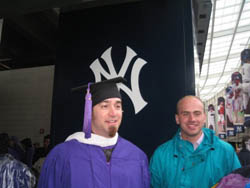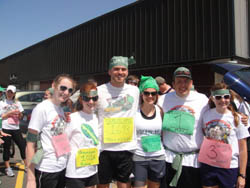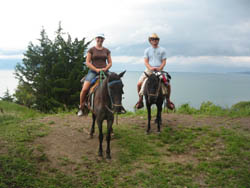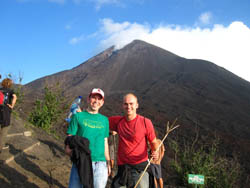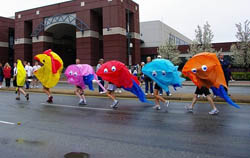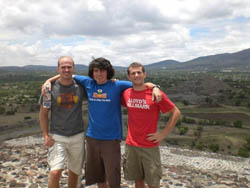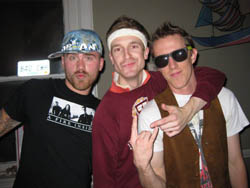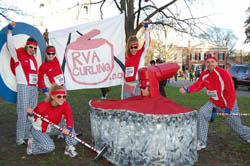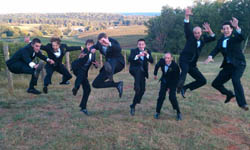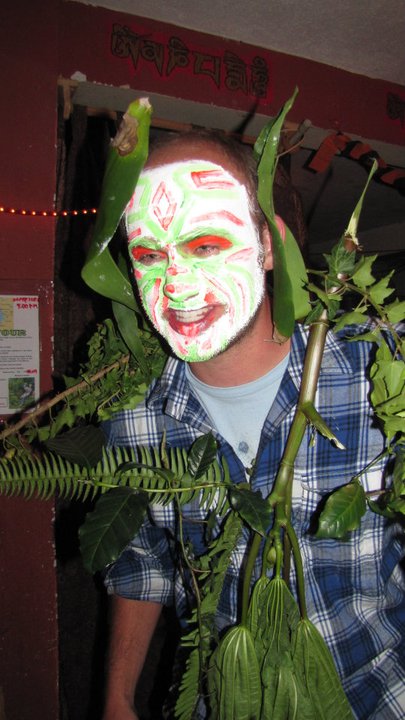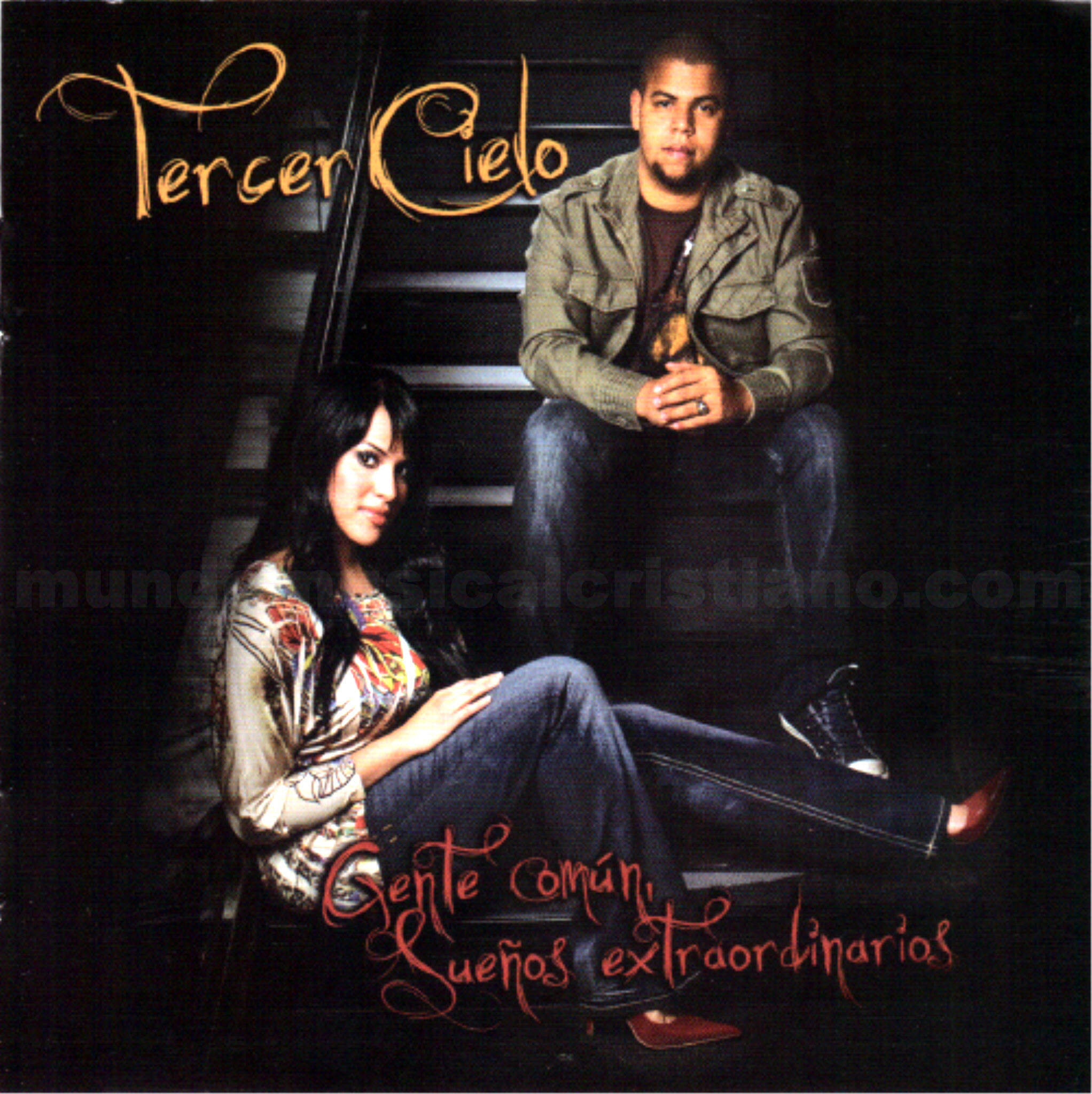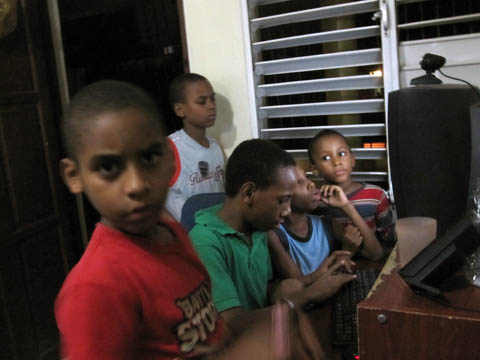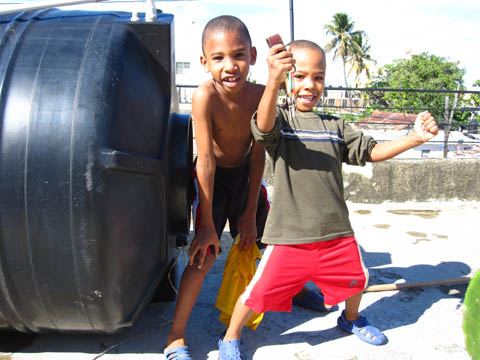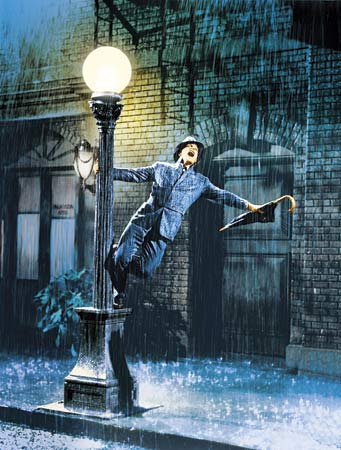Near the office of Esperanza (HOPE’s office here in the DR), a construction crew is finishing the exit ramp of highway overpass. I walk past the crew every day and see the progress they are making. In one area, they are digging heavily into the ground exposing every good and bad thing found below the surface.
I think that’s what traveling is like.
A group of dedicated laborers goes to work unearthing everything you thought you knew about yourself and things you’d prefer to keep hidden. The heavy machinery crew labors throughout the day and late into the night. At times, the sheer force of the demolition leaves you shocked and speechless. You have to call in your advisors (via Skype) and ask them what the heck is going on. Sometimes you feel like the job site changes, even though you know this is the same place being worked on every day. Other times, usually at night, some specialists wake you up with probing questions about which pipes need servicing. Usually, you have to answer them immediately, they can’t wait until tomorrow. (I’ve tried arguing to postpone the meeting, it just doesn’t work.)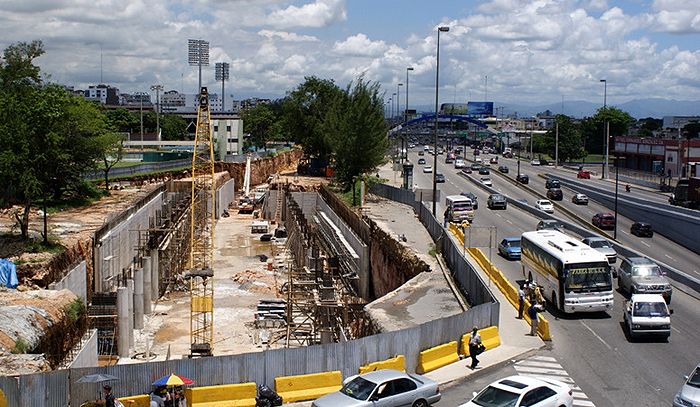
All this demolition and excavation is for a good purpose. Everyday you can see things a little more clearly in the sunshine. It’s amazing to hold mysterious, yet familiar objects in your hands and flip them around and see all their facets. Some things you know you need to clean up if you’re going to continue carrying it around on the journey, and other things you know are meant for the junk pile. You realize your pockets are only so big and your back is only so strong, so you must be judicious in what you continue to carry. Airlines at most, only allow two bags, which is never enough space. You’ve really have to decide what baggage you’re going to transport back home.
If you talk with the foreman on the jobsite you’ll get a better understanding of what the new structure is going to look like. I’ve found that I need to check in daily to have a better idea of what’s yet to come. Sometimes it seems like there’s a new set of blueprints every week, but you trust that whatever is going to be built is a whole lot better than what existed before. As far as time and money is concerned, it’s going to take a lot longer than you thought, and cost way more than you anticipated, but it’s all going to be worth it.
Know that someday in the future, you’ll invite your family and friends over, and you’ll sit and have lunch in the plaza in front of the building. You’ll tell them about the hilarious and insightful construction crew made up of international workers who excavated nearly everything underneath, but nevertheless helped you build and improve this marvelous structure that you enjoy today.
And for that, I am grateful for traveling.
(Currently though, I’m in the middle of a construction zone and I’m trying to reduce my velocity. No sense in getting fined for excessive speed, but really, I just want to be able to see what’s being dug up.)

